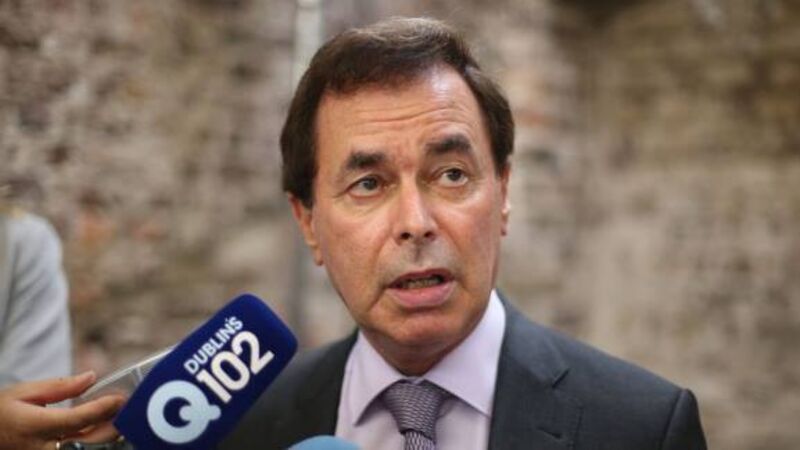Human trafficking cases ‘tip of iceberg’

Figures provided by Justice Minister Alan Shatter show gardaí investigated four cases of trafficking of children in the nine months to the end of September compared to 23 last year.
In response to a written Dáil question by independent TD Denis Naughten, Mr Shatter said gardaí are currently investigating 31 cases of human trafficking. Four have been completed. The figures show while the number of investigations is at a higher rate this year at 31 for the nine months compared to 37 for all of last year, the total is low compared to 48 in 2012.













